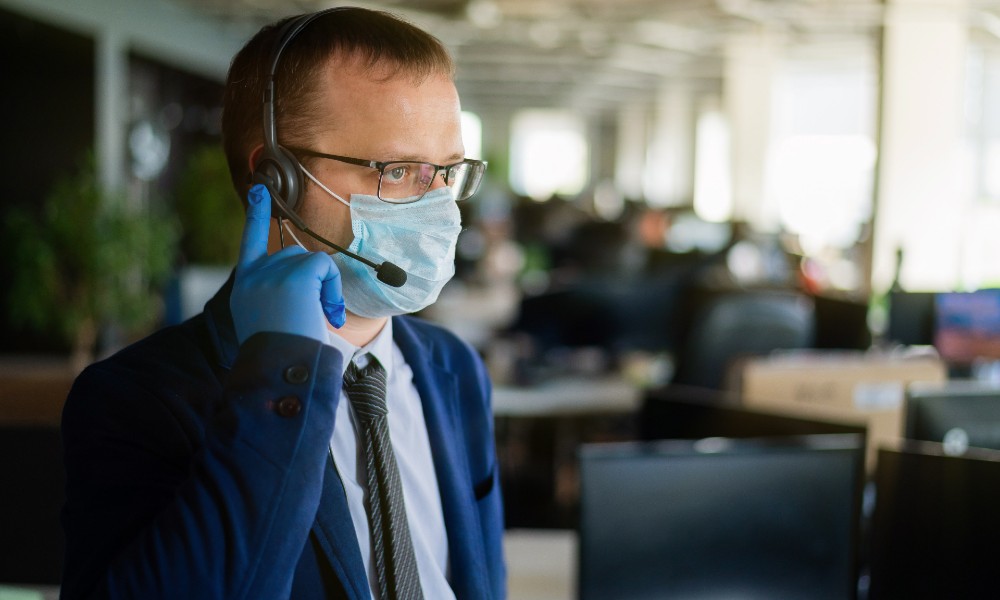Workforce Management Featured Article
Iowa Health Care Call Center Shuffles Workforce to Handle Influx of COVID Calls

The Patient Access Center (PAC) at University of Iowa (UI) Health Care has experienced record call volumes since the COVID-19 omicron variant surge. The PAC, which is traditionally the first point of the patient contact experience at UI, has been experiencing 1,500 to 2,000 calls per day, up to double the normal daily call volume.
To handle the influx of calls, some UI Health Care employees have been reassigned to areas within the PAC to improve the patient experience. The transition hasn't always been easy, particularly for workers who are skilled outside the call center area. According to Emra Mustedanagic, a PAC manager who oversees call center operations, there are a number of steps the organization has made to make the transition smoother.
“It can be a difficult thing to be reassigned and work somewhere you may not know much about,” said Mustedanagic. “We’re doing our best to make sure everybody has their own workspace and feels supported.”
Mustedanagic said the PAC has made personalized nameplates for all workers, including employees from other departments called in to handle the influx of COVID calls. Making all workers feel like part of the team is important for morale and aiding with the transition, she said.
Training is another extremely important part of ensuring the call center can handle the patient volume, said Mustedanagic. She said the PAC has had to reassign employees in the past to help with previous call surges during COVID, and preparing outside employees is a priority.
“They’re working really closely with our current team members and then training with them one on one," she said. "So, they are spending time together, listening to phone calls, and getting a better understanding of the process.”
The other important part of transitioning employees to the call center is to make sure they remain focused on the tasks at hand. That has required work habit changes for some staff members, but Mustedanagic said they have risen to the challenge and are striving to do their best in their new roles.
“Some of our staff members changed their hours to help support weekend phone calls,” she said. “They’re just willing to do whatever the need is for our patients."
Edited by Luke Bellos







